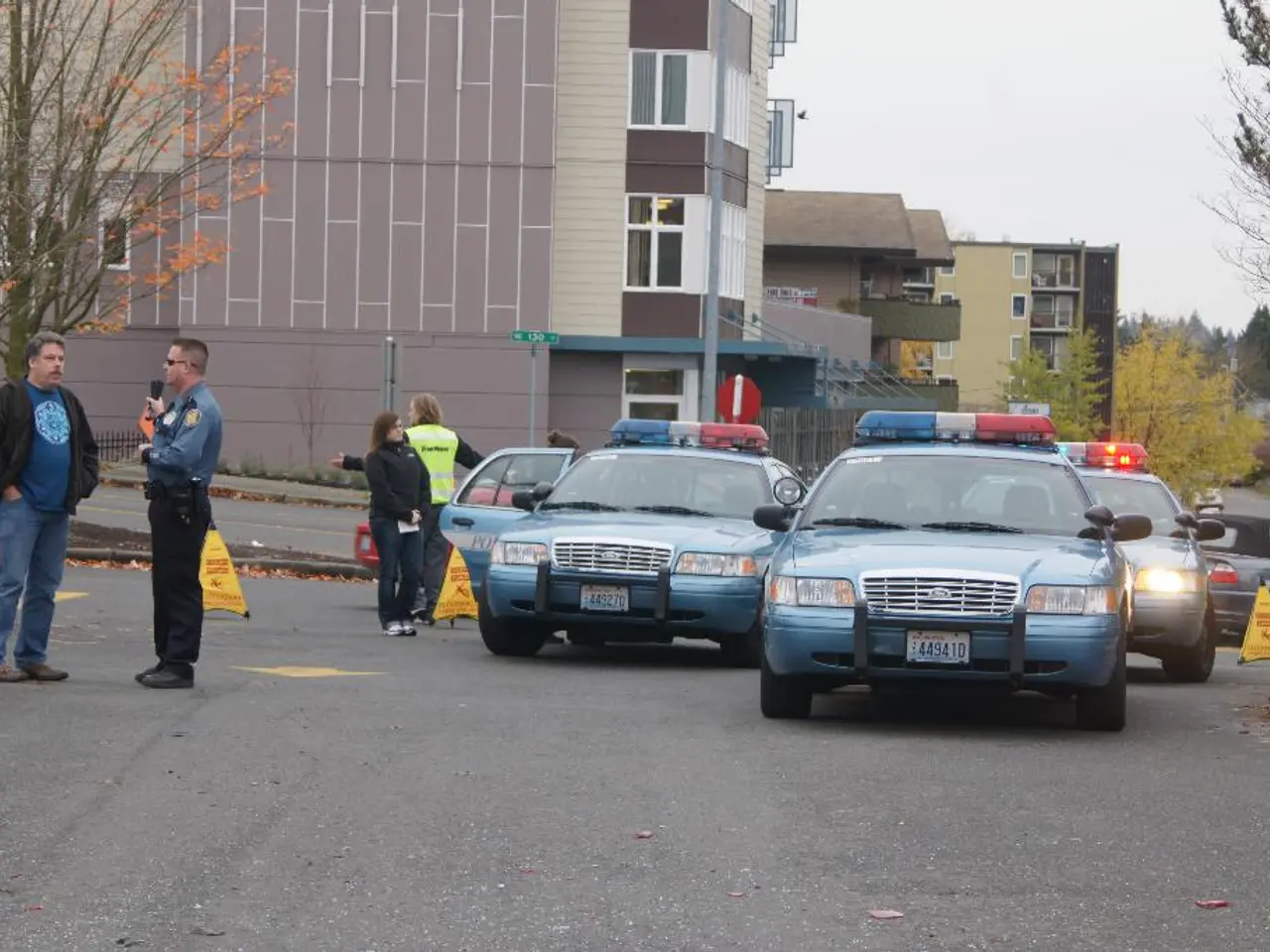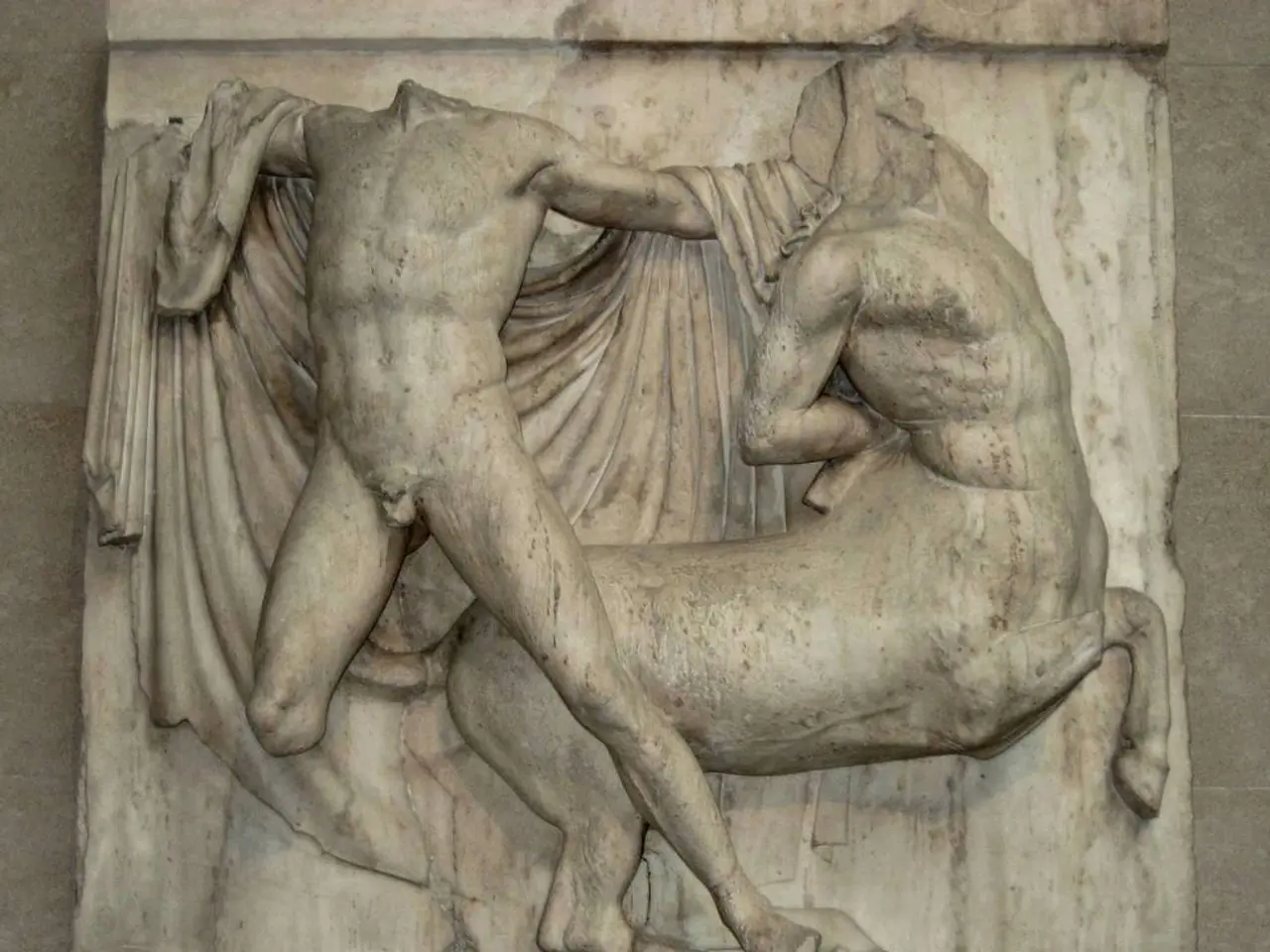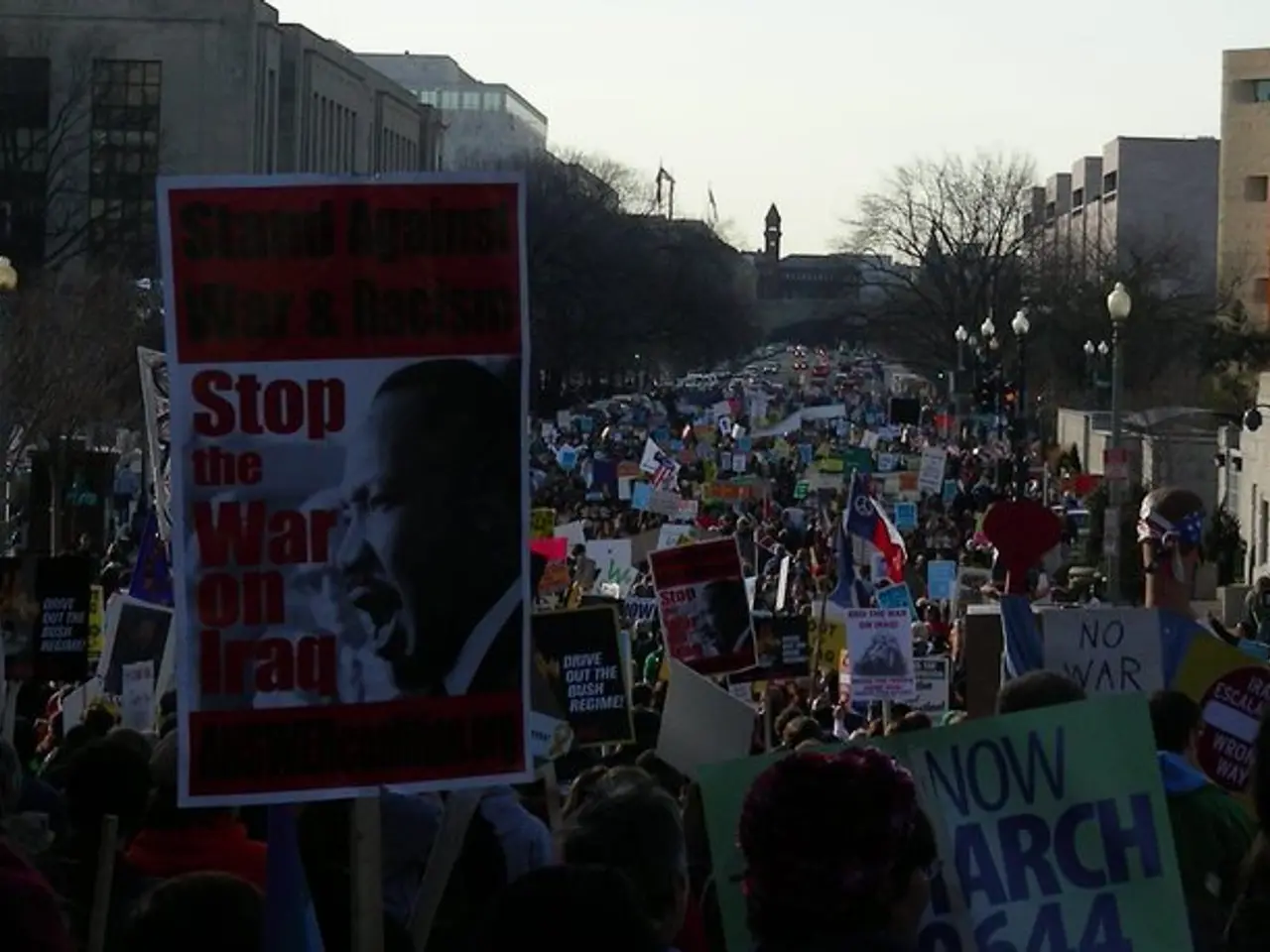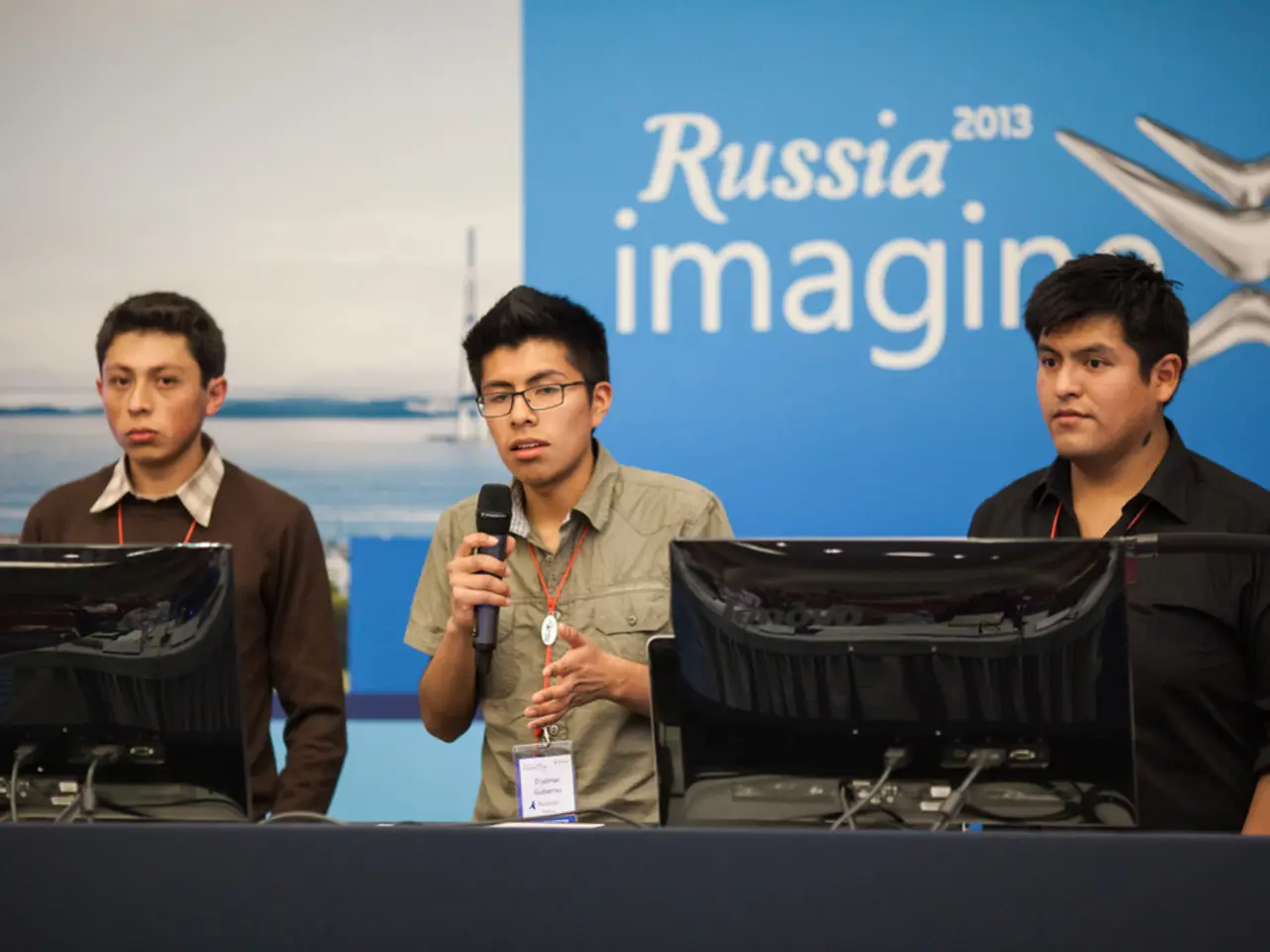Breaking News: June 6th, 2025 Incident
The Netherlands Faces Uncertainty After Collapse of Coalition Talks
The Dutch government is in a state of flux following the collapse of coalition talks, leading to the calling of early elections on October 29, 2025. This turn of events was triggered by Geert Wilders, leader of the Party for Freedom (PVV), who withdrew from the coalition formation process, effectively ending the Schoof cabinet.
The Schoof cabinet, which was formed by a coalition including PVV, People's Party for Freedom and Democracy (VVD), New Social Contract (NSC), and the Farmer–Citizen Movement (BBB), was brought to an end when the PVV withdrew due to disagreements over asylum policy. As a result, Prime Minister Dick Schoof resigned, and the Netherlands is now under a caretaker government led by outgoing Prime Minister Mark Rutte.
The upcoming elections will likely reshape the composition of the House of Representatives, with parties like the PVV, under Wilders, campaigning heavily on opposition to asylum seeker centers and anti-immigration measures. The PVV's stance on these issues, as well as local protests, may impact the election results and coalition possibilities.
Meanwhile, other parties like the Labour Party and GroenLinks are proceeding with merging efforts to strengthen their position in the upcoming elections.
The collapse of the Dutch government marks a major turning point in Dutch politics and has raised concerns among European Union leaders, who are closely monitoring the situation. Instability in one of the bloc's founding members is a cause for worry, particularly given the broader concerns about rising nationalism and populism across Europe.
A new mediator may be appointed by King Willem-Alexander to help navigate the government formation process following the elections. The key question now is whether any party or leader can bring unity to a deeply fragmented nation.
In the meantime, the Dutch people wait for the October elections, with the government formation process on hold and the country's immediate political future uncertain. The central contentious issues of asylum policy and immigration will likely continue to influence voter alignment as the election approaches.
- The collapse of coalition talks in the Netherlands has led to a surge in social media discussions, with political parties engaging heavily on asylum policies and immigration.
- The ongoing war-and-conflicts and crime-and-justice issues, coupled with the public concern about migration, are expected to significantly impact policy-and-legislation in the Netherlands as the general-news focus shifts towards the upcoming elections.
- As the Netherlands faces uncertainty, EU leaders will be closely watching the elections and the subsequent government formation process for any indications of the country's stance on immigration and asylum issues, which have implications for the entire European Union.








